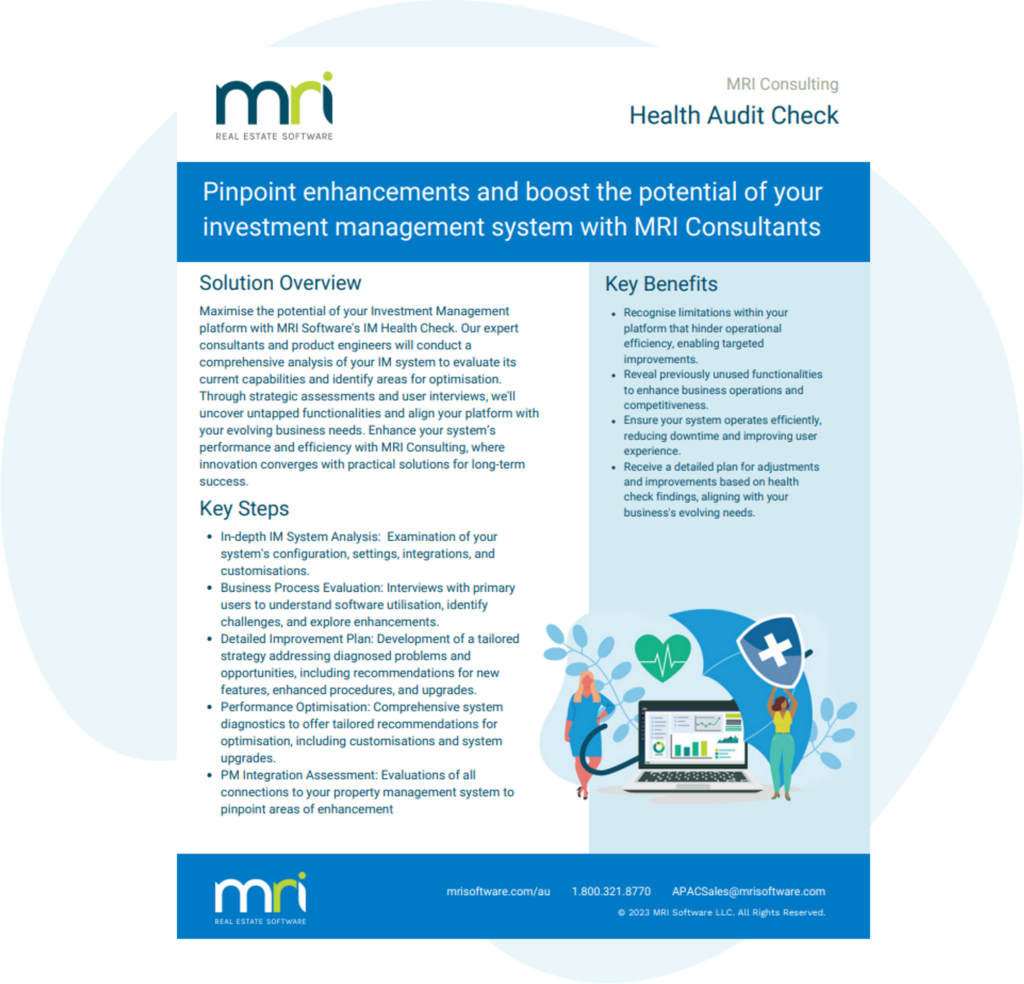REIT vs real estate crowdfunding: An investor’s perspective
As an investor, the idea of earning a steady monthly income from rental properties can be very appealing. However, real estate investing comes with challenges. You’ll need to manage maintenance costs, deal with tenants, pay taxes, and handle other financial responsibilities. The initial investment can also be high, especially in commercial real estate, making it difficult to gather the necessary funds.
This is where real estate investment trusts (REITs) and crowdfunding offer alternative investment solutions. Understanding the differences between real estate crowdfunding vs REIT is crucial to finding the right strategy for your investment goals.
What are REITs?
First, what is a real estate investment trust (REIT)? REITs allow investors to buy shares in commercial properties, such as offices, retail centres, apartment complexes, and storage facilities. Investing in REITs lets you earn an income from dividends without purchasing or managing the properties directly.
What is real estate crowdfunding?
Real estate crowdfunding allows you to invest in property projects by pooling your money with other investors through an online platform. You can participate in real estate deals with a smaller investment compared to buying property outright. It’s a way to diversify your portfolio and invest in real estate without the need for full ownership or direct management.
Comparing REITs to real estate crowdfunding
When deciding between REITs and real estate crowdfunding, it’s important to understand how these two investment options compare.
Similarities between real estate crowdfunding and REITs
Real estate crowdfunding and REITs both let you invest in real estate without fully owning the property. They let you diversify your investment portfolio and gain exposure to the real estate market with relatively lower capital requirements. Both options involve professional management, meaning you don’t need to be involved in the day-to-day operations of the properties.
Differences between REIT vs real estate crowdfunding
The main difference between REITs and real estate crowdfunding is liquidity. REITs are traded on stock exchanges where you can buy and sell shares easily, while real estate crowdfunding typically involves longer lock-in periods when your investment is less accessible.
The potential returns can also vary between these two investment methods. REITs generally offer lower but more stable returns, given their requirement to pay dividends and their diversified portfolios. Real estate crowdfunding, while riskier, can potentially offer higher returns, especially if investing in high-growth projects.
Pros and cons of REITs
REITs come with their own benefits and drawbacks, so it’s important to weigh these factors carefully before deciding if this investment strategy aligns with your financial goals.
REIT pros
- Liquidity: You can easily buy and sell shares on the stock market so you can quickly access your capital if needed. Direct real estate investments can take months to sell.
- Steady income: REITs are required to distribute at least 90% of their taxable income to shareholders, ensuring a consistent income stream.
- Diversification: By holding shares in a REIT, you gain exposure to multiple property types and locations and reduce the risk associated with any single asset. This diversification helps protect your investment against market downturns in specific sectors.
- Professional management: Properties are managed by experienced professionals. This means you don’t need to worry about day-to-day property management responsibilities like maintenance and tenant issues.
REIT cons
- Market volatility: REIT share prices can fluctuate with the stock market. This volatility can impact your investment’s value, even if the underlying real estate is performing well.
- Limited growth potential: Because REITs distribute most of their income as dividends, they may have fewer funds available to purchase new properties or invest in significant upgrades. This can limit the potential for rapid growth in your investment.
- Tax implications: Unlike qualified dividends from other stocks, REIT dividends are typically taxed as ordinary income, which could result in a higher tax burden.
- Less control: As a REIT investor, you are one of many shareholders and have no influence over which properties are bought or how they are managed. This lack of control may be a drawback if you prefer a hands-on approach to your investments.
Pros and cons of real estate crowdfunding
Like REITs, real estate crowdfunding also has unique benefits and drawbacks to consider before choosing this investment strategy.
Real estate crowdfunding pros
- Lower barrier to entry: Real estate crowdfunding lets you invest with smaller amounts of capital. This makes real estate crowdfunding accessible to a broader range of investors, so you can participate in real estate deals without needing large sums of money.
- Direct project selection: You can choose specific properties or projects that align with your interests. This level of control lets you tailor your investments to your knowledge or preferences, potentially leading to higher returns.
- Potential for higher returns: Certain projects may offer greater income potential compared to REITs. Since you are investing in individual projects, there is an opportunity to earn more if the project performs well.
Real estate crowdfunding cons
- Illiquidity: Unlike REITs, where shares can be easily traded, real estate crowdfunding typically requires you to commit your capital for years until the project is completed or sold. This lack of liquidity is a significant drawback when you need quick access to your money.
- Higher risk: Unlike REITs, which spread risk across many properties, crowdfunding investments are concentrated in a single project. This means that if the project fails, you could lose your entire investment.
- Less diversification: Investment is often concentrated in a single project or a few properties. This lack of diversification means your returns are heavily dependent on the success of a limited number of investments.
Investor considerations
Choosing between REITs vs real estate crowdfunding depends on your financial goals, risk tolerance, and investment plan. Here are a few aspects to consider before making your decision:
Level of control
REITs offer minimal control, as you invest in a professionally managed portfolio of properties. This hands-off approach is ideal for those who prefer passive income. Real estate crowdfunding lets you choose specific projects, giving you more control over where your money goes and the potential outcomes of your investment.
Income potential
REITs often provide steady income through regular dividends, making them attractive for investors seeking consistent cash flow. Real estate crowdfunding might offer higher returns – especially if you invest in successful projects – but these returns can be less predictable and may take longer.
Investment timeline
REITs offer more liquidity, so you can sell shares relatively easily when you need to access your money. Real estate crowdfunding often requires a longer-term commitment, with funds locked in until the project reaches a specific milestone or completion.
Diversification strategy
REITs provide instant diversification across various properties and sectors, which can reduce risk. Real estate crowdfunding, while allowing for targeted investments, may offer less diversification since your money is typically concentrated in fewer projects.
Real Estate Investment Management Software
Make better decisions and ensure future growth with real estate investment management software that delivers real-time visibility across your portfolio.

FAQs
Manage real estate investments with MRI Software
Managing multiple real estate investments, whether through REITs or crowdfunding, is complex. Our real estate investment management software simplifies the process, giving you tools for tracking investments, managing portfolios, and ensuring compliance. With access to real-time data and investor reporting, you can ensure you’re making the smartest decisions to build a profitable investment portfolio.
Pinpoint enhancements and boost the potential of your investment management system
Maximise the potential of your Investment Management platform with MRI Software’s IM Health Check. Our expert consultants and product engineers will conduct a comprehensive analysis of your IM system to evaluate its current capabilities and ide…

